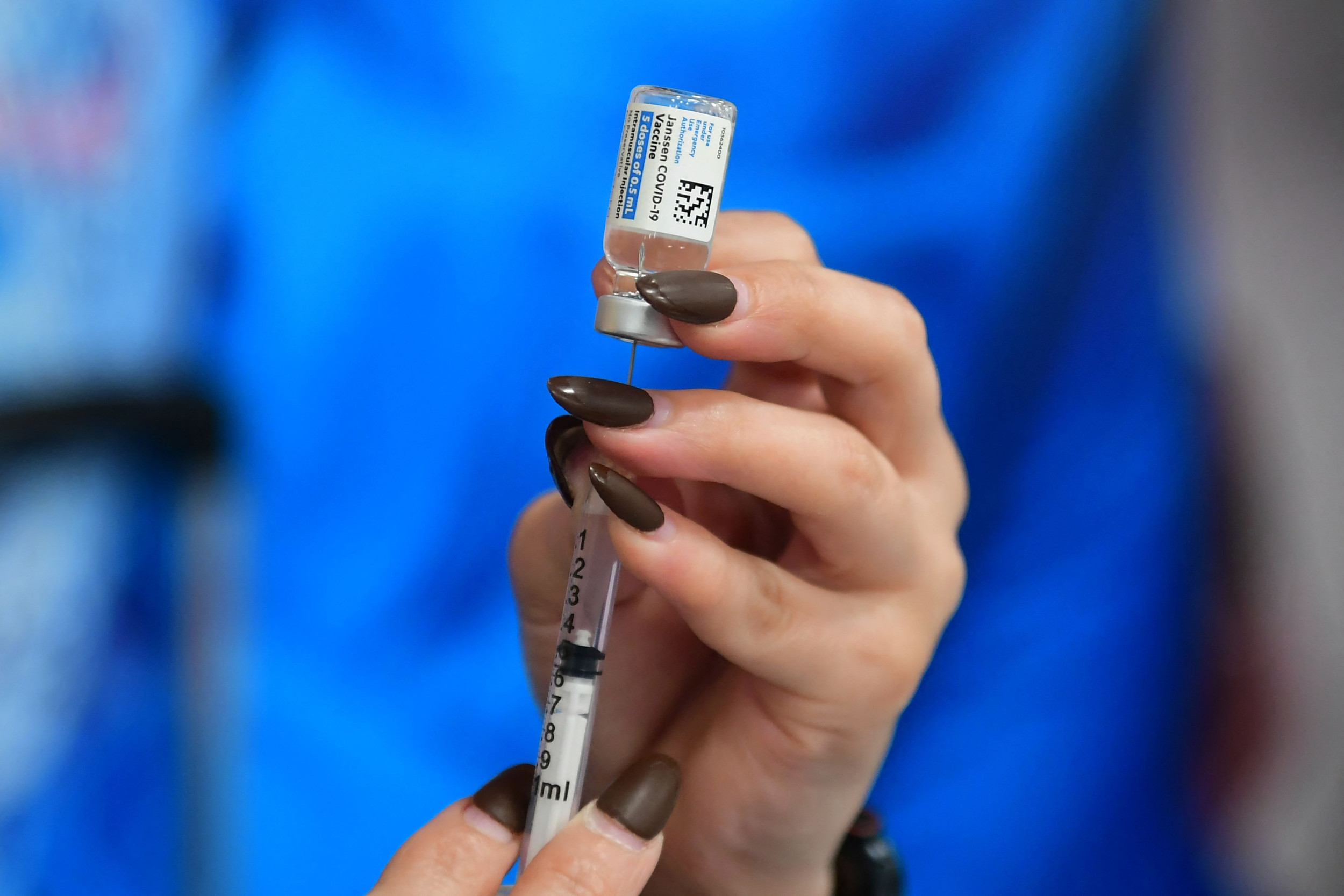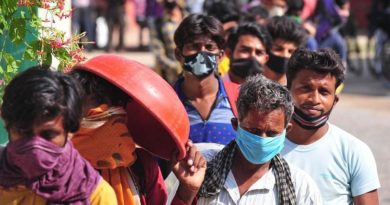The Origin of COVID-19 Does Not Matter
If nothing else, the recently released interagency report documents the vast amount of effort that has gone into unraveling the origin story for SARS-COV-2. There are four possible versions of this story. Despite the intense controversy around the virus’ origin, from a public health perspective, it no longer matters.
The origin story for the virus is only useful if it provides information relevant to either managing the current pandemic or preventing or managing future pandemics. At this point, no origin story can possibly help us better manage COVID-19. How could it tell us more than the 350,000 research papers written since it emerged? With 100 mutations, the current strains aren’t even the same virus.
Let’s consider whether the origin story could help us manage or prevent future pandemics.
Possibility 1: It was an intentionally engineered bioweapon.
All intelligence agency reports have ruled out option 1. In the unlikely event all of those reports were wrong, it would be the most inept bioweapons program ever created and its consequences would probably kill future programs and any such clandestine effort would necessarily ignore any public health efforts to stop it.
Possibility 2: It resulted from well-intentioned gain-of-function research and was accidentally released.
Most reports excluded this as a possibility. Even if it were true, it seems unlikely that any researcher will pursue gain-of-function research in the future.
Possibility 3: It is a naturally occurring animal virus that was accidentally released.
Four of six intelligence agency reports rejected this origin story. If true, it emphasizes the need for careful controls on labs studying zoonotic diseases. That alarm has been sounding for three years. Turning it up louder will have no impact. Every lab in the world studying potential human pathogens has been reviewing their safety protocols since the pandemic began.
Possibility 4: It is a naturally occurring animal virus that was spread through incidental human-animal contact.
This has been the operational hypothesis for the scientific and public health communities from day one and seems to be the most likely scenario according to intelligence community reports. Concluding it’s true will simply confirm the status quo.

FREDERIC J. BROWN/AFP via Getty Images
At this point, the most likely origin story is the original version—a naturally occurring animal virus that was spread through incidental human-animal contact—but none of the others would help us avoid or manage a future pandemic. Evidence that the Chinese were hiding something might provide guidance with respect to the validity information they provide in the future, but experience has demonstrated that they are far from the only source of misinformation on COVID-19.
In sum, further efforts to determine the origins of the virus will offer nothing to improve public health. What this report does provide is just enough uncertainty to allow the issue to smolder.
The residual ambiguity only fuels the engines of confusion that drive the maddening misinformation fog. It offers more fodder for the outrage machine and those who wish to sow doubt about the decisions made by the scientists and public health experts in the face of massive uncertainty and overflowing morgues.
For those attacking the public health response to the pandemic, evidence that any single decision was wrong supports the notion that every decision was wrong. A laboratory origin of COVID could be taken to support the notion that there was some vast conspiracy on the part of scientists to deceive the public on everything from masks, to school closures, to vaccines.
Anyone who thinks scientists are remotely capable of sheepishly following a conspiracy to hide the truth knows nothing about science or scientists.
Robert D. Morris, MD, PhD, is a physician and an environmental epidemiologist.
The views expressed in this article are the writer’s own.


